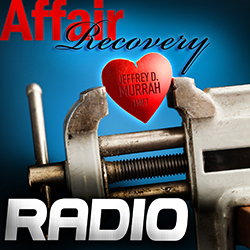Discovering the modern terms for old behaviors is both amusing and perplexing. In today’s post-modern society, we have found new ways to describe old tricks. However, these new words can be quite confusing. Post-modern language has a knack for distorting and twisting words until they become unrecognizable. Just the other day, I came across the term “transitioning to non-ethical monogamy.” It took me a few reads to grasp that this new phrase actually means someone is exploring cheating. Instead of calling it sin or immoral behavior, the new term makes it sound like some kind of progression.
To make things worse, I stumbled upon this term on a website with a huge readership. That means a significant number of people are being exposed to these manipulative language tactics. The thinking is that by changing how you refer to things, it will alter how you think about them. By using such terms, discussions about infidelity become twisted. They focus on whether the cheating was ethical or not, or whether the transition is temporary or permanent. This convoluted language hinders communication rather than aiding it.
These new terms eliminate any feelings of guilt or stigma associated with cheating. Their purpose is to steer conversations away from the truth. Personally, I find these new terms clunky and irritating. It’s much simpler to ask someone outright, “Are you cheating?” Using clear language cuts through the nonsense.
Can you imagine confronting your husband in the midst of your anger and asking him, “Were you transitioning to non-ethical monogamy? You know how much I despise that.” This new terminology transforms disloyal cheaters into victims who are simply exploring their sexual options and finding themselves.
The post-modern talk leaves you feeling bewildered, wondering, “What just happened?” It removes the sin from sinful choices and the guilt from adultery. It hides the cheating behind a barrage of complicated words and meanings.
If you want to recover from an affair, you need to be honest about what happened and use language that cuts through the post-modern nonsense. In the “Affair Recovery Workshop”, there are no colorful modern terms. When you deal with infidelity you need clear, concise language.
Personally, I prefer to call adultery and cheating what they truly are. You won’t find me coddling cheaters with questions about whether they are “experimenting with non-ethical polygamous options.” If you want any chance of salvaging your marriage, you need to use clear and direct language when addressing these issues.
Keeping It Real,
Jeff















